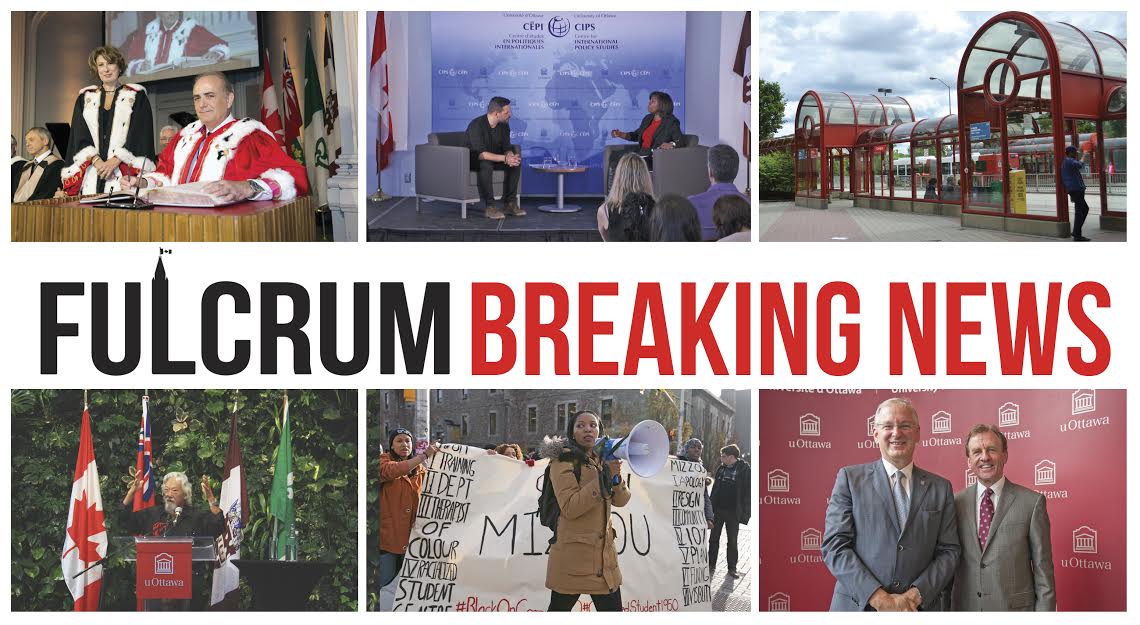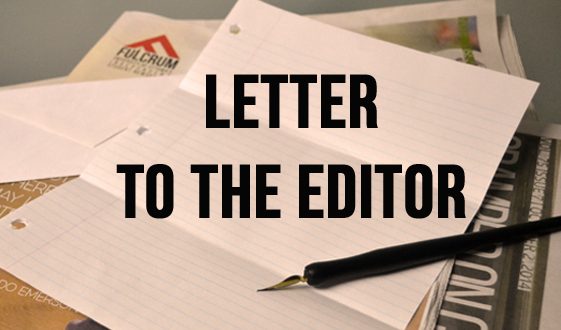Students to see need-based financial aid, opt-out options for campus services
In response to a “flat rate” of enrollment, the provincial government announced today post-secondary domestic tuition fees will be reduced by 10 per cent starting in the 2019-2020 academic year and will be frozen the following year, along with changes to OSAP and student levies.
The press release outlines changes to OSAP, triggered by findings from the auditor general in December, and claims that the program’s costs could total $2 billion annually by 2020. Most notably, free tuition for low-income students will be slashed in favour of support via loans, the Canadian Press reports.
Merrilee Fullerton, Minister of Training, Colleges and Universities, said most funding through OSAP will now go to students whose families earn under $50,000 per year, and the income threshold for grants will be lowered.
Family income thresholds for students qualifying for OSAP will be reduced for the 2019-20 school year. The provincial government will now also charge interest during the previous six-month grace period for returning loans after students graduatehttps://t.co/Ul0fb38wZn
— The Eyeopener (@theeyeopener) January 17, 2019
In addition, students will be able to opt-out of on-campus services such as student media, service centres and advocacy groups. The statement notes “essential” health and safety fees will remain mandatory.
“Student fees in Ontario can range up to $2,000 per year, and, too often, force students to pay for services they do not use and organizations they do not support,” she said, adding the government’s decision will “ensure students have transparency and freedom of choice regarding the campus services and organizations which get access to their money.”
The Canadian Federation of Students-Ontario called the opt-out policy “an attack on students’ unions, democracy and student services” on Twitter. “We are the students and this new framework is not for us,” they wrote.
The move to voluntary payment of ancillary fees is an attack on students’ unions, democracy and student services. We are the students and this new framework is not for us.#WeAreTheStudents
— CFS-Ontario (@CFSON) January 17, 2019
At the U of O, undergraduate students paid an average of $930 in incidental fees in the fall 2018 semester, which includes health insurance, student union fees, the U-Pass, faculty associations, and student services. Students at the Telfer School of Management also pay fees for the Career Centre.
Paige Booth, the acting president of the Student Federation of the University of Ottawa called the decision “reckless” in an email to the Fulcrum, stating that “allowing students to opt-out of student services reduces student voices and representation.”
“The SFUO offers a variety of services and programs including a food bank, peer mentoring and tutoring, mental health support, the University of Ottawa Student Emergency Response Team (UOSERT) and many more. With optional and therefore, vastly reduced funding, the quantity and quality of being able to produce such services will surely decline,” she wrote.
“Even if students may not need or use a student service at the time, they may need to access them at a later time in their university career.”
The U of O declined the Fulcrum’s request for an interview, however David Graham, the provost and vice-president of academic affairs at the U of O commented on the announcement in an email, stating “the University of Ottawa is assessing the impact of this announcement on our budget and operations.”
“We have always been committed to offering the best academic programs and services to our student population. I can assure you that this commitment will not change.”
The email added that more information will be released “in due course.”
At a press conference in Toronto, Fullerton said that the move will reduce tuition fees for Ontario undergraduate university students pursuing general arts or science degrees by an average of $660, while college students in the province will see a $340 reduction. At Ottawa’s Carleton University, Fullerton said undergraduate engineering students will see their tuition reduced by $1,120.
Ottawa Centre NDP MPP Joel Harden compared the move to the U.S. right-to-work law, calling it an “attack on services students rely on, an attack on democracy, and an attempt to muzzle Ford’s critics.”
The Ford government announced that they will bring in American-style “right to work” rules for student unions, making payment of dues optional. This is an attack on services students rely on, an attack on democracy, and an attempt to muzzle Ford’s critics. #onpoli #onpse
— Joel Harden (@JoelHardenONDP) January 17, 2019
Nathalie Des Rosiers, former dean of the U of O’s Faculty of Common Law and current Ottawa-Vanier Liberal MPP, also raised concerns on Twitter.
As former dean of @uocommonlaw and @DrCiviluOttawa, I am concerned that the proposed 10% tuition cut will be followed by a cut to grants provided by the government through #OSAP. We should be expanding access to higher education for those who seek it out. #onpoli
— Nathalie Des Rosiers (@ndesrosiers) January 17, 2019
It is unclear how universities will absorb the loss of revenue from the reduction in tuition rates, as Fullerton claimed in today’s press conference that the changes to OSAP will not act as subsidization for universities.
The province has not made any changes to international tuition fees, according to the Toronto Star.
This article has been updated to include comment from the SFUO and the University of Ottawa.





